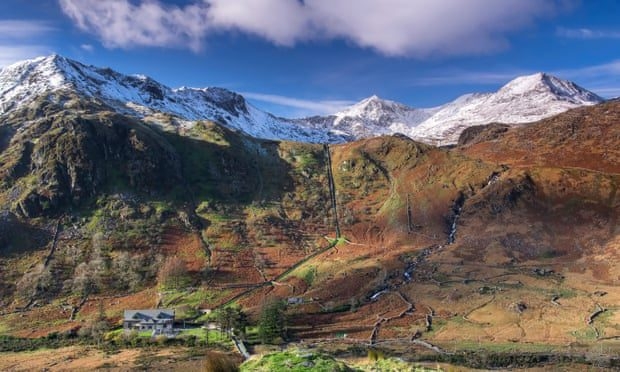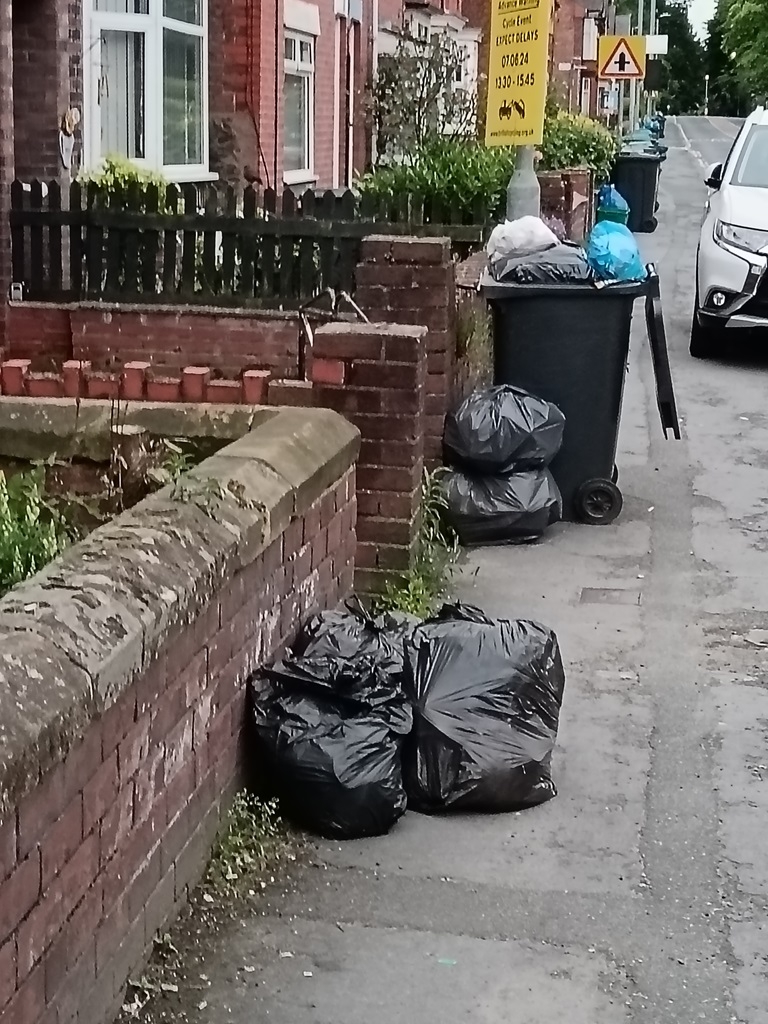There’s been a lot of discussion this past week (on both sides of the border!) about a task group that had been set up to examine whether Wales’s highest mountain, known almost universally as its English name Snowdon, should be in future known only by its Welsh name – Yr Wyddfa.
The Welsh name ‘Yr Wyddfa’ means “the tumulus” or “the barrow”, and in folklore it is believed that the giant Rhita Gawr was buried on the mountain after his defeat by King Arthur. ‘Snowdon’ comes from Saxon “snow dune” meaning “snow hill’, a quite descriptive name, but by origin and definition, a much later naming of the mountain. . It’s been known as Yr Wyddfa long before the people of Wales spoke English.
The motion was brought by councillor John Pughe Roberts, who represents Corris and Mawddwy on Gwynedd Council, who proposed for the Snowdonia National Park Authority to refer to Snowden only by its Welsh name and also to use the Welsh name Eryri instead of “Snowdonia”. In the end, this move has been declined, but it has opened up a lot of underlying prejudices.
The words used for a place matter, both as a visitor and an indigenous people, and there appears to be an increasing understanding of the importance this. This is part of a movement to reclaim traditional Welsh names that have been Anglicised and follows the reclamation of the names of other colonised places such as Australia where Ayers Rock as named by white settlers has reverted to its Aboriginal name Uluru and Chomolungma, the Tibetan name for Everest (Its English name comes from Colonel Sir George Everest, a surveyor general of India – who, oddly in the context of this article, was born in Wales!) , is becoming an accepted name and not some fabricated colonial Anglicisation imposed by people too lazy to learn how to pronounce something correctly. New Zealand is a leading example of what has become a worldwide rediscovering of identity, where the Maori language is now taught in schools after centuries of repression, something that is happening in Wales on a growing agenda of confidence in the continued attempts at repression.
Indeed, even last evening, on the supposed guardians of equality, the BBC, we have a supposedly ‘funny’ show, Have I Got News For You mocking the Welsh language as unpronounceable. And ridiculing the Welsh language puts them at the cutting edge of comedy? A tired re-tread of amusement for monoglot racists. If this attack on the original language of these islands was an attack on, for example Bengali or Hindi, it would instantly be denounced as just that, racism, but here it’s deemed as acceptable? Guess it depends whether you have the intelligence to understand why it’s so offensive. Language is identity, with painful memories of colonialism and language suppression by the English still in the Welsh collective consciousness.
This has nothing to do with any Nationalist movement, it’s more about the richness and history of the use of a historic place name in an indigenous language. Strangely, it is the relatively new English language, an amalgam of numerous continental languages, and its speakers that seems to struggle with other languages and placenames, and, strangely enough, mainly with their nearest neighbours. And yet there is acceptance of most Welsh placenames, and even other mountains, so the argument that if it is known by its original name it will be difficult for non-Welsh speakers to pronounce is without foundation. I know from many experiences that some struggle with the ‘LL’ sound (Langolen?!!) but that really isn’t that important, at least there’s an acceptance. What matters is their original names are maintained and respected and we don’t continue down the worrying path of anglicising all of our landmarks and losing the heritage that is part not just of Wales but the British Isles. When you see places such as Southwark or Leominster and their pronunciation, you don’t hear any protests from this side of the border!
Without a doubt, I think all Welsh place names should be in Welsh only. People would get used to calling them by just that name and we wouldn’t have to waste money printing two names on every sign, after all, yu never see that in other none-English speaking countries. Not only is Snowdon ‘Yr Wyddfa’ but our country is ‘Cymru’ (land of the comrades) not ‘Wales’ (land of the outsiders).











